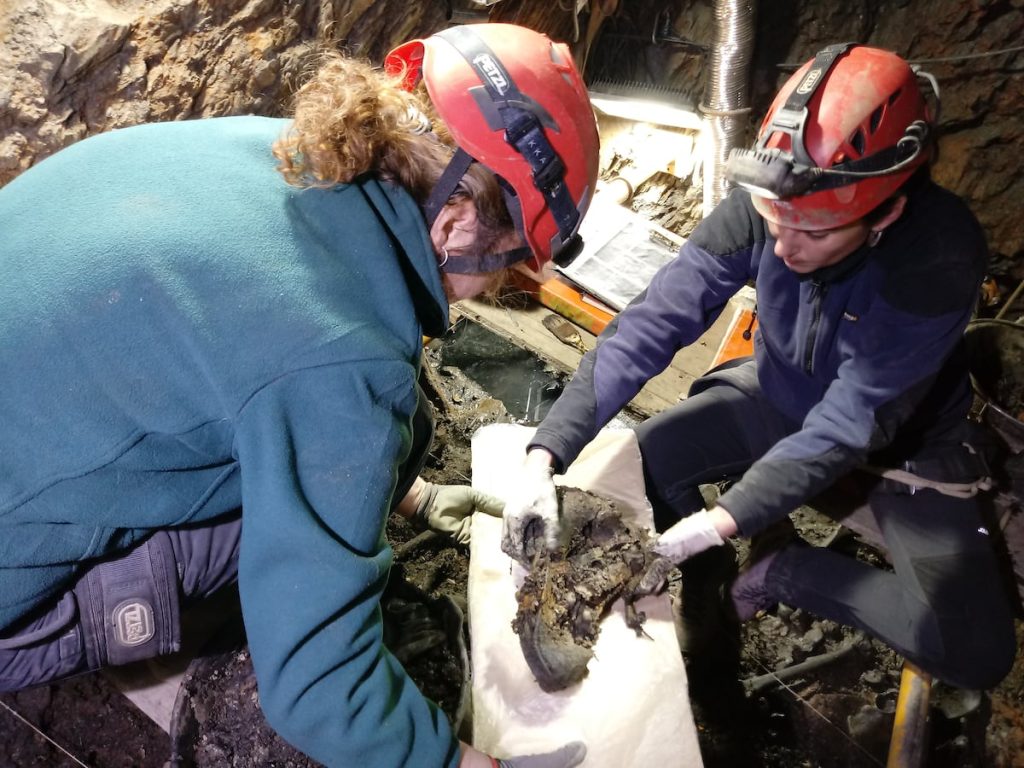Diego Vital Díaz, a municipal accountant in Valencia de Alcántara, Spain, wrote a hurried farewell letter in 1936 knowing he was going to be killed. He instructed his wife to sell their property, including the field and the animals, before signing off with “Adiós. Your husband, Diego Vital. And the clock for Manolo.” His eldest son, Manolo, became the focus of the film “El 47,” in which actor Eduard Fernández portrayed the bus driver and union member who seized the bus he drove daily in protest of the living conditions in Torre Baró, Barcelona. Diego’s remains were found in a mass grave in Mina Terría, Cáceres, identified with DNA and laid to rest, fulfilling his family’s long-held wish.
After Diego’s execution, his family was splintered by the aftermath of the Spanish Civil War. His son Manolo moved to Torre Baró, while his daughter went to the Basque Country, and another child was left with relatives because their mother couldn’t care for them. Diego’s granddaughter, Lidia, recalls the hardships her grandmother faced after losing her husband, trying to survive through smuggling. Lidia’s father, Diego, eventually joined his brother in Torre Baró and left school to support their mother. The family struggled, but found joy in the relationship between Manolo and his wife Carmen, who could always make each other smile despite their language differences.
The remains of Diego Vital and 48 other men were discovered 26 meters deep in a well, filled with lime, rubble, animal skeletons, and trash. Archaeologist Laura Muñoz-Encinar, experienced in political violence cases, called it the most challenging project of her career. The victims were executed at the site, a remote area devoid of roads, chosen as a killing ground for civilians. The discovery of bullet casings confirmed their fate. Among those identified was socialist mayor Amado Viera’s remains, finally allowing his daughter Conchita to acknowledge and honor his memory.
Conchita Viera recalls her father’s arrest, her family’s struggles after his death, and their eventual validation when they found his gravesite. The local government, led by Mayor Alberto Piris, facilitated the exhumation process and ensured the cooperation of landowners, who ultimately waived their indemnity rights. The effort was funded by various organizations and institutions dedicated to historical memory. Twelve of the victims remain unidentified, a reflection of the lasting impact of the war on families torn apart by violence and displacement.
The story of Diego Vital and the efforts to uncover the truth of his disappearance reflect the broader context of Spain’s reconciliation with its past. Through the exploration of his family’s experiences and the challenges they faced in the aftermath of the Civil War, the film “El 47” and the excavation at Mina Terría serve as testaments to the resilience and determination of those seeking closure and justice for the victims of the Franco regime. Initiatives like the recovery of historical memory are crucial for acknowledging the atrocities committed during this dark period of Spanish history and honoring the memories of those who suffered unjustly.


